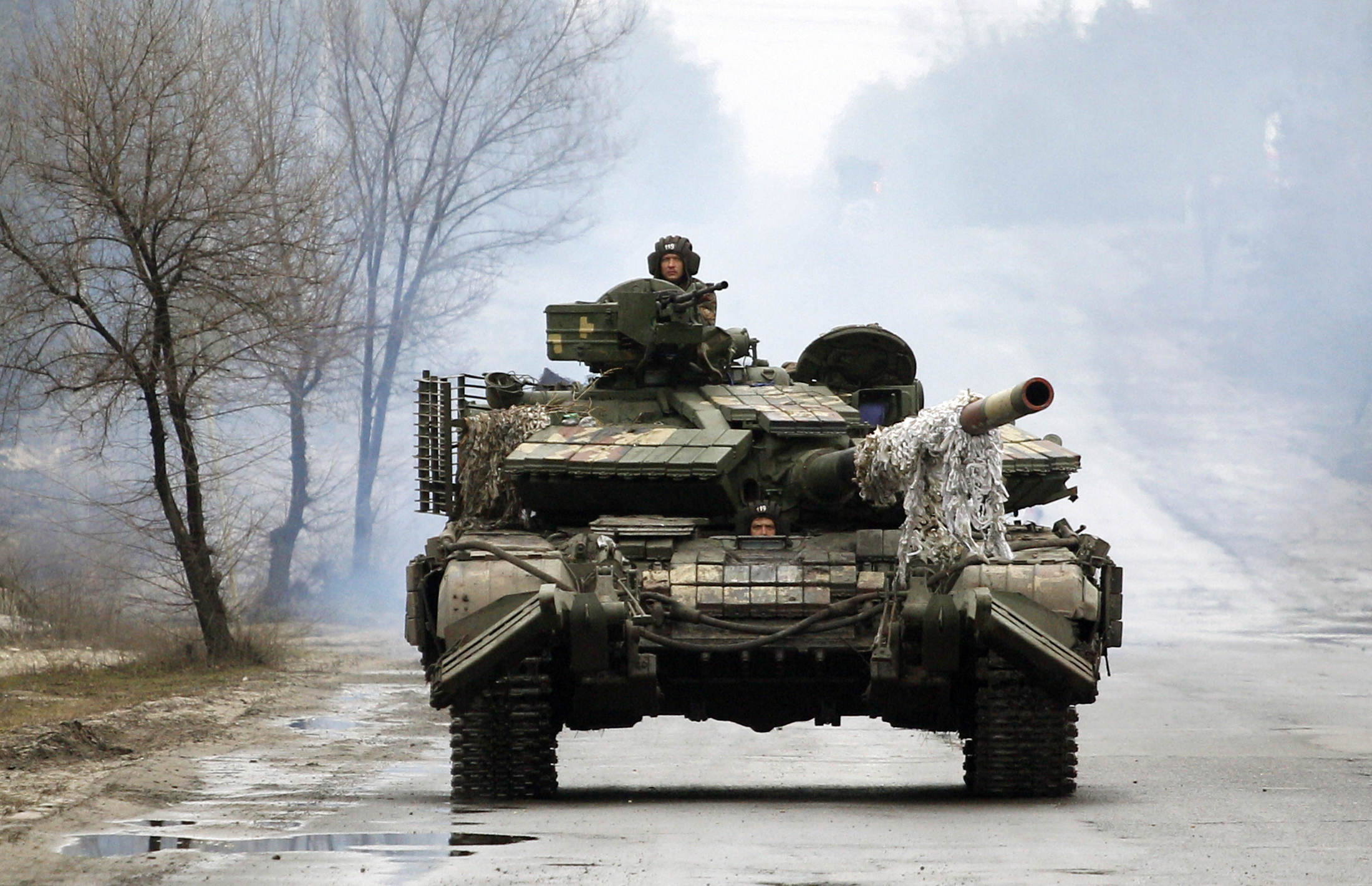
Vladimir Putin just survived the most serious threat to his more than two decades of autocratic rule. Yevgeny Prigozhin, the leader of the outfit of mercenaries and criminals known as the Wagner Group, may have stopped his advance on Moscow and ended his mutiny, but he has left Russia’s autocrat appearing weaker and more humiliated before the world—and the Russian people—than ever before.
The Journal of Democracy has brought together leading experts on Russia to explain the significance of Prigozhin’s rebellion and what it means for Putin, his regime, and the ongoing war in Ukraine.
This Is Not the End of Putin’s Troubles
Yevgeny Prigozhin’s rebellion has exposed the fundamental instability of Putinism.
By Kathryn Stoner
Putin Just Learned Why You Don’t Trust Mercenaries
The Russian autocrat forgot an age-old truth about working with common criminals and soldiers for hire.
By Zoltan Barany
Putin’s Formula for Ruling Russia Is Failing
The Russian autocrat’s system of control has rested on pillars that are beginning to crumble.
By Robert Person
What Does a Humiliated Putin Mean for Russia?
While widespread violence or civil war was averted, the consequences for Russia—and Putin—could be grave.
By Timothy J. Colton
Believe Nothing Putin or Prigozhin Tell You
In the days ahead, the West must remain calm—and redouble its support for Ukraine.
By Andrei Kozyrev
The Journal of Democracy’s extensive coverage of the war in Ukraine also includes:
What Putin Fears Most
Forget his excuses. Russia’s autocrat doesn’t worry about NATO. What terrifies him is the prospect of a flourishing Ukrainian democracy.
By Robert Person and Michael McFaul
The War in Ukraine: Putin’s Inevitable Invasion
Why did Russia invade Ukraine? And why are Russian forces fighting so poorly? The internal logic of its personalist dictatorship is to blame.
By Ivan Gomza
Photo by ANATOLII STEPANOV/AFP via Getty Images
